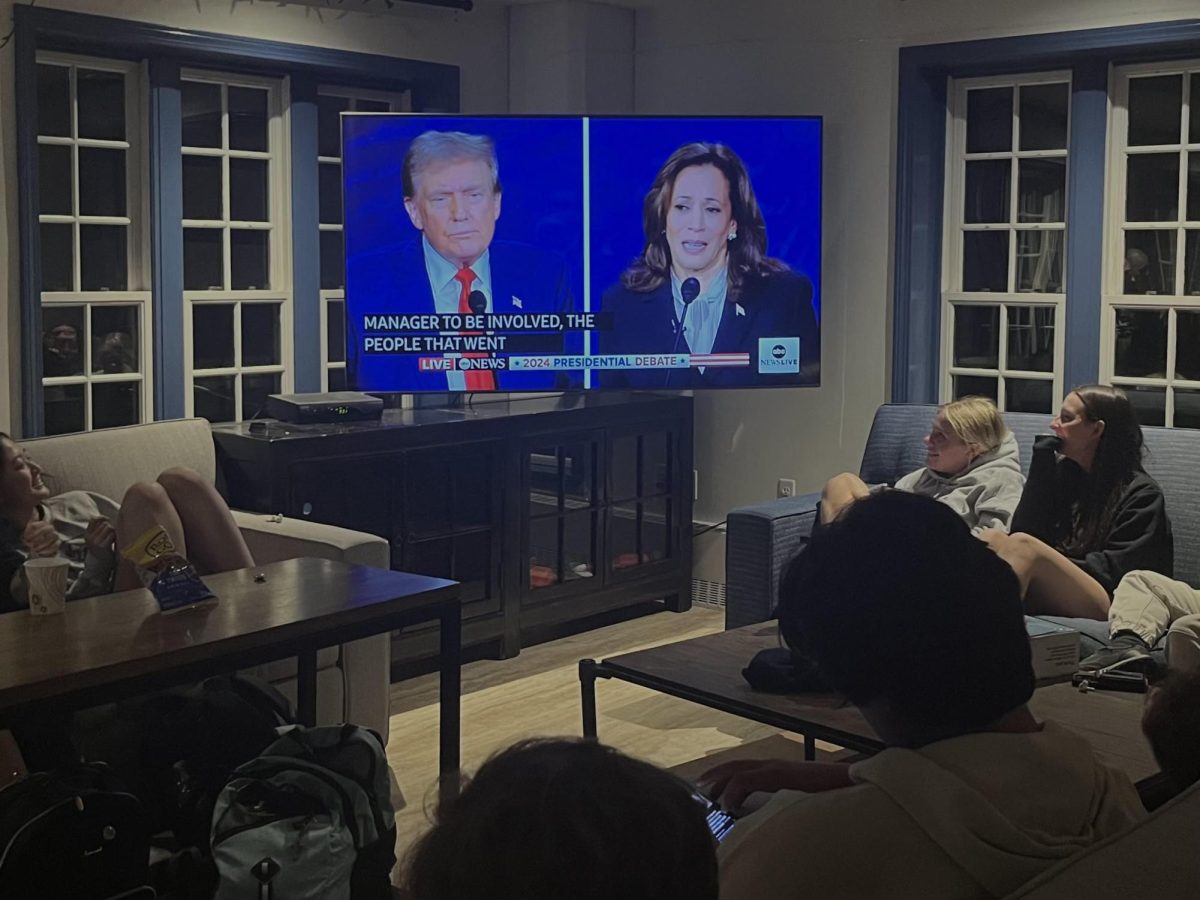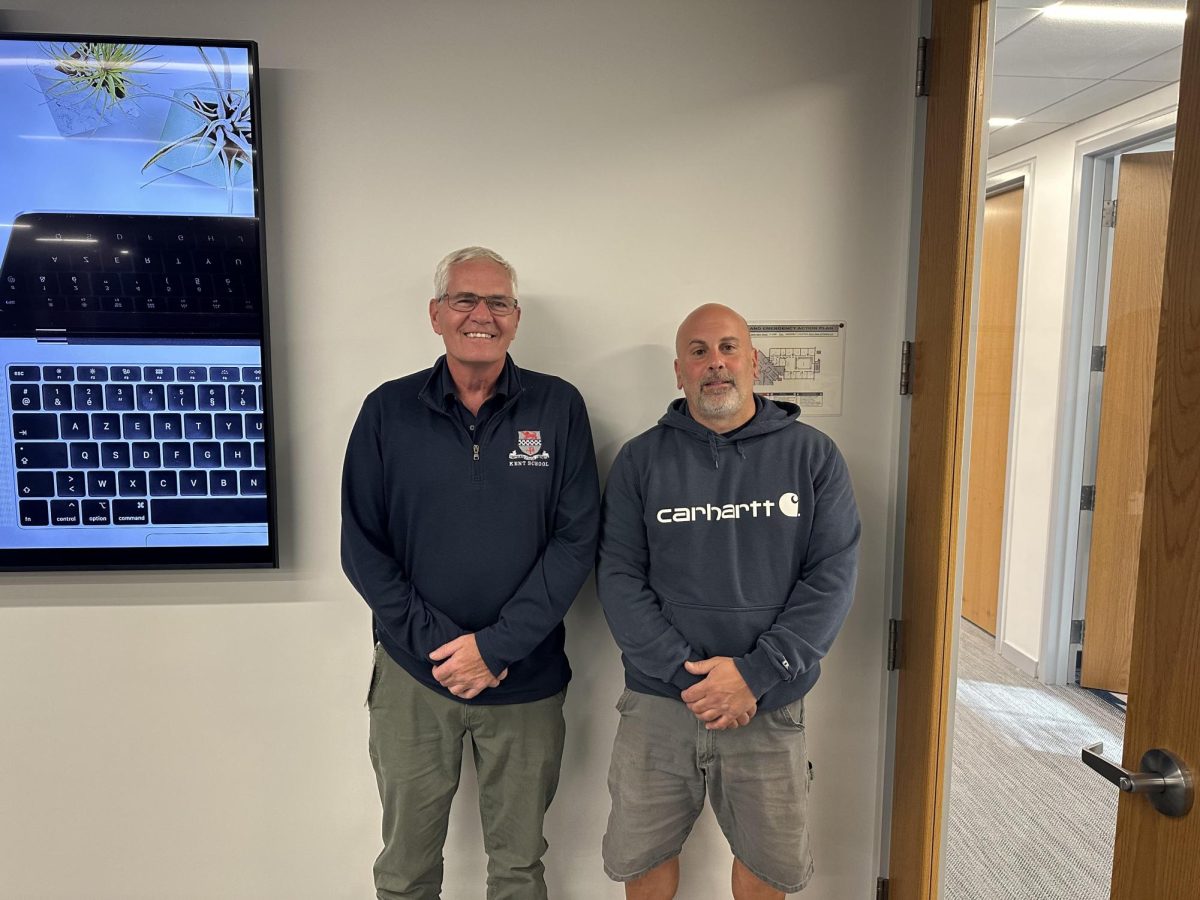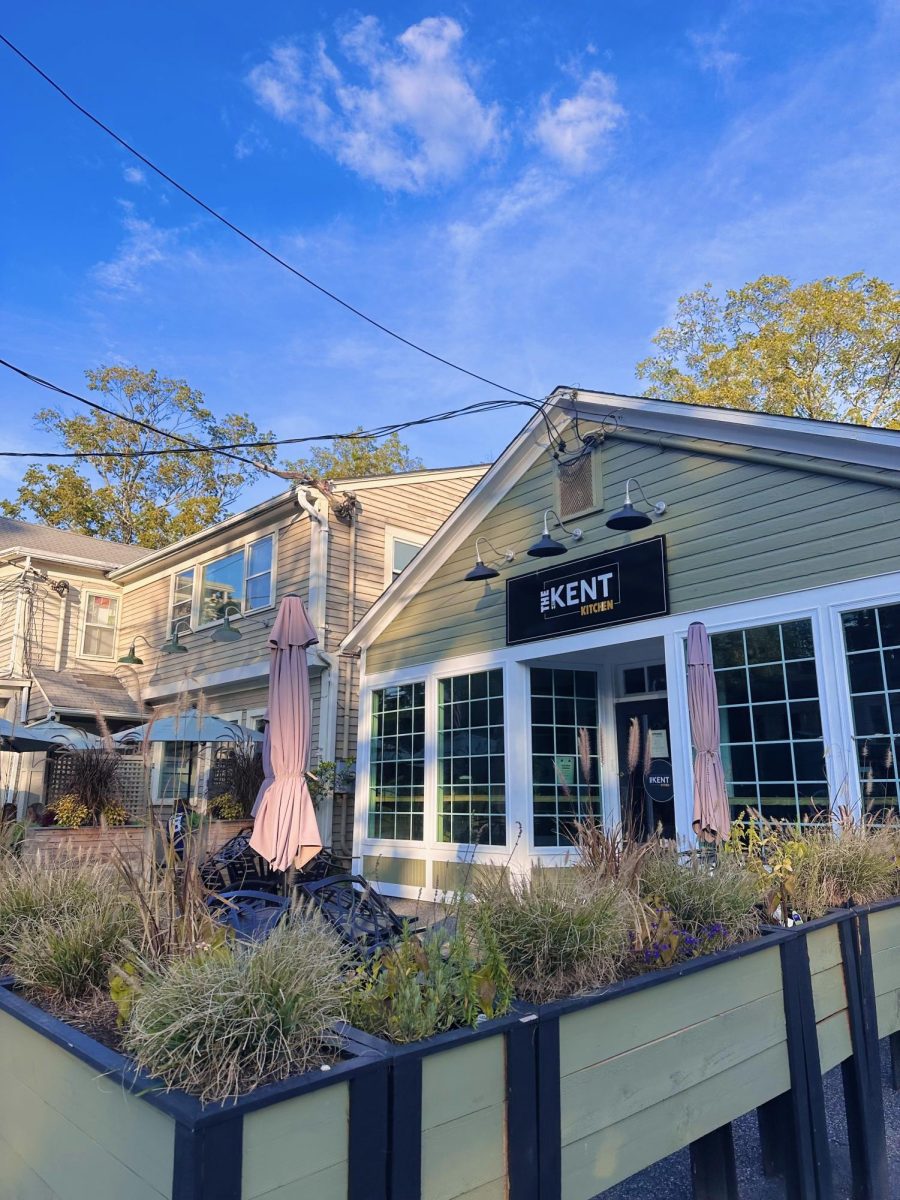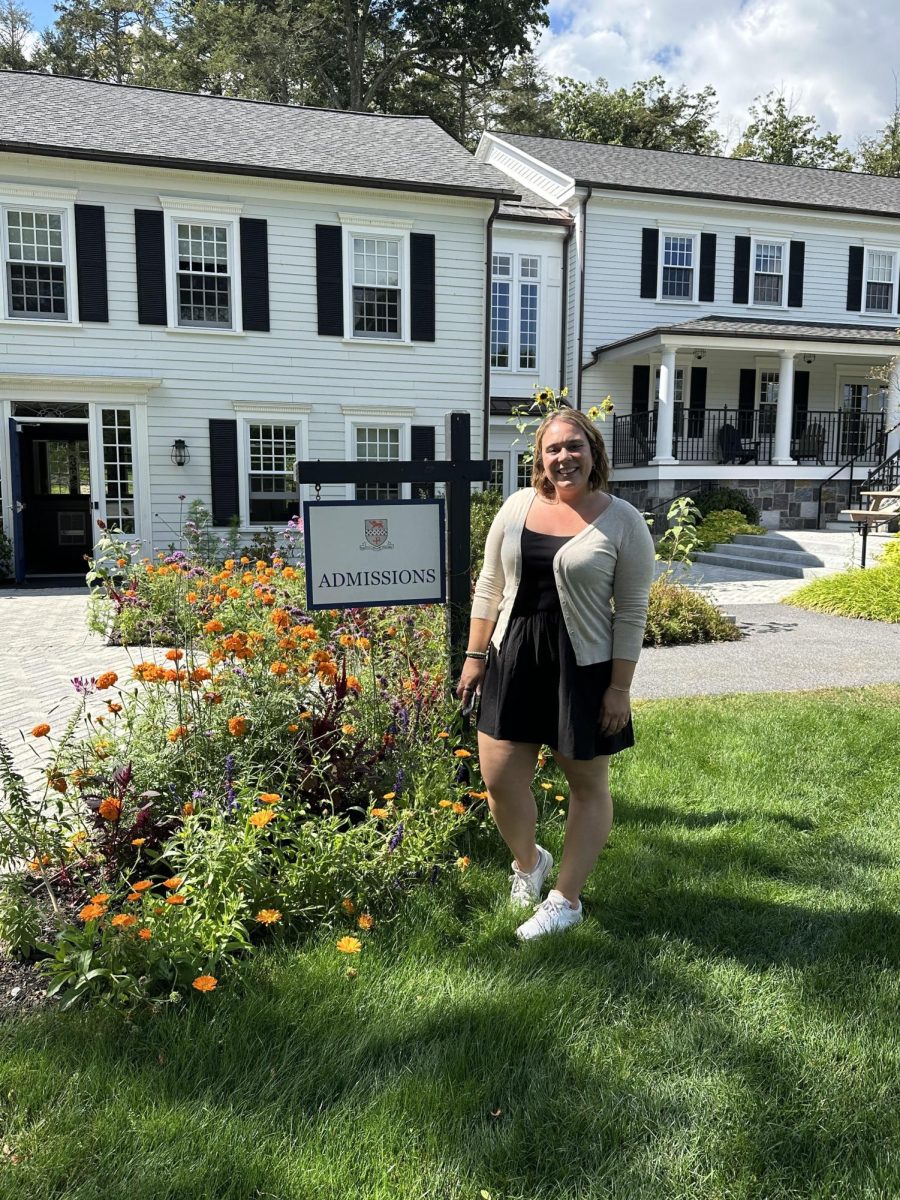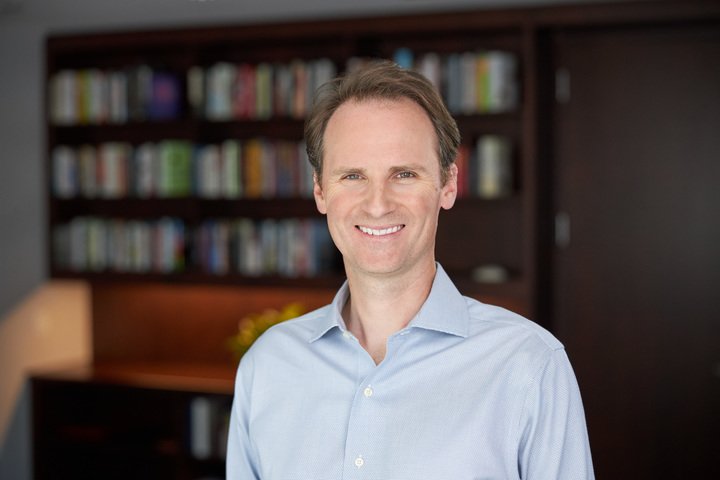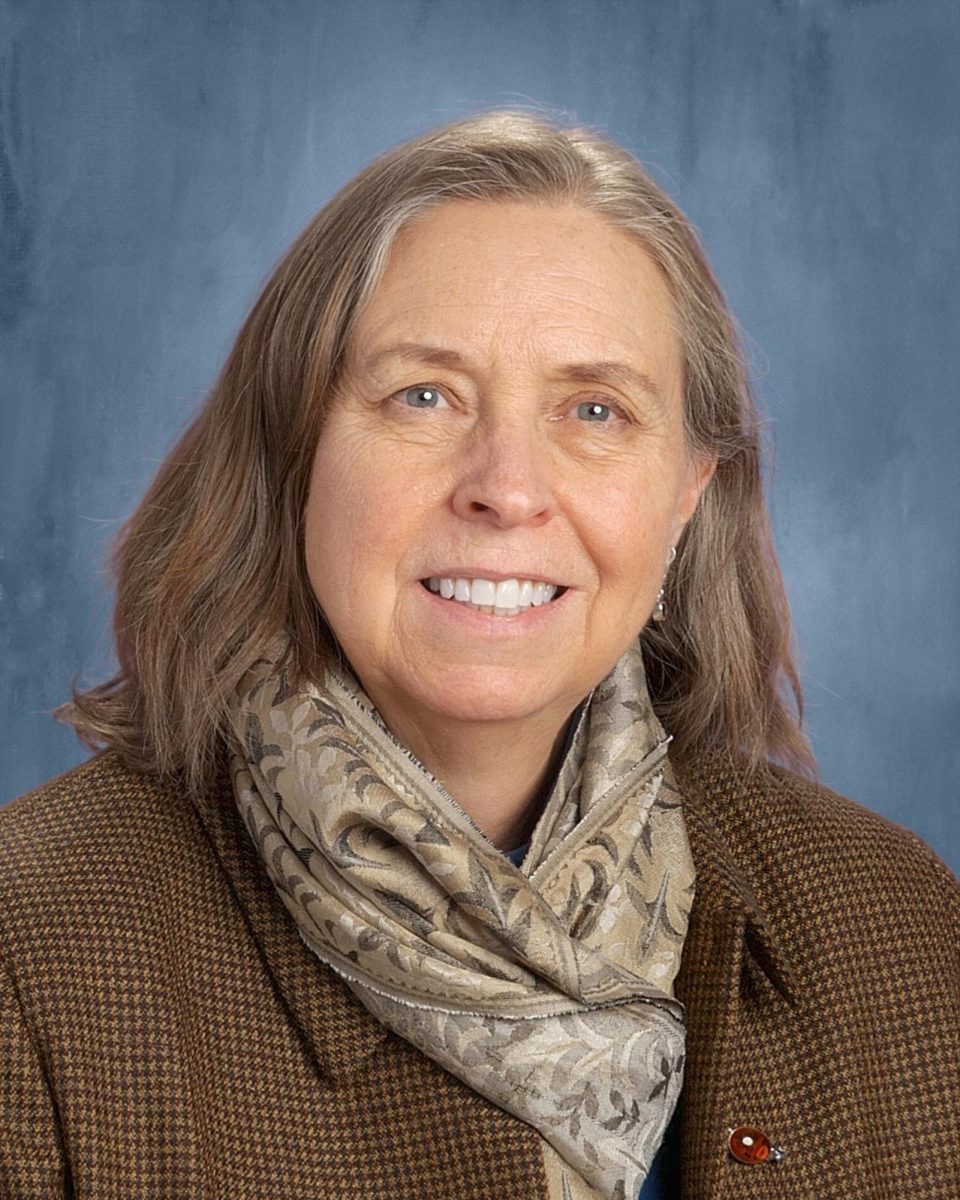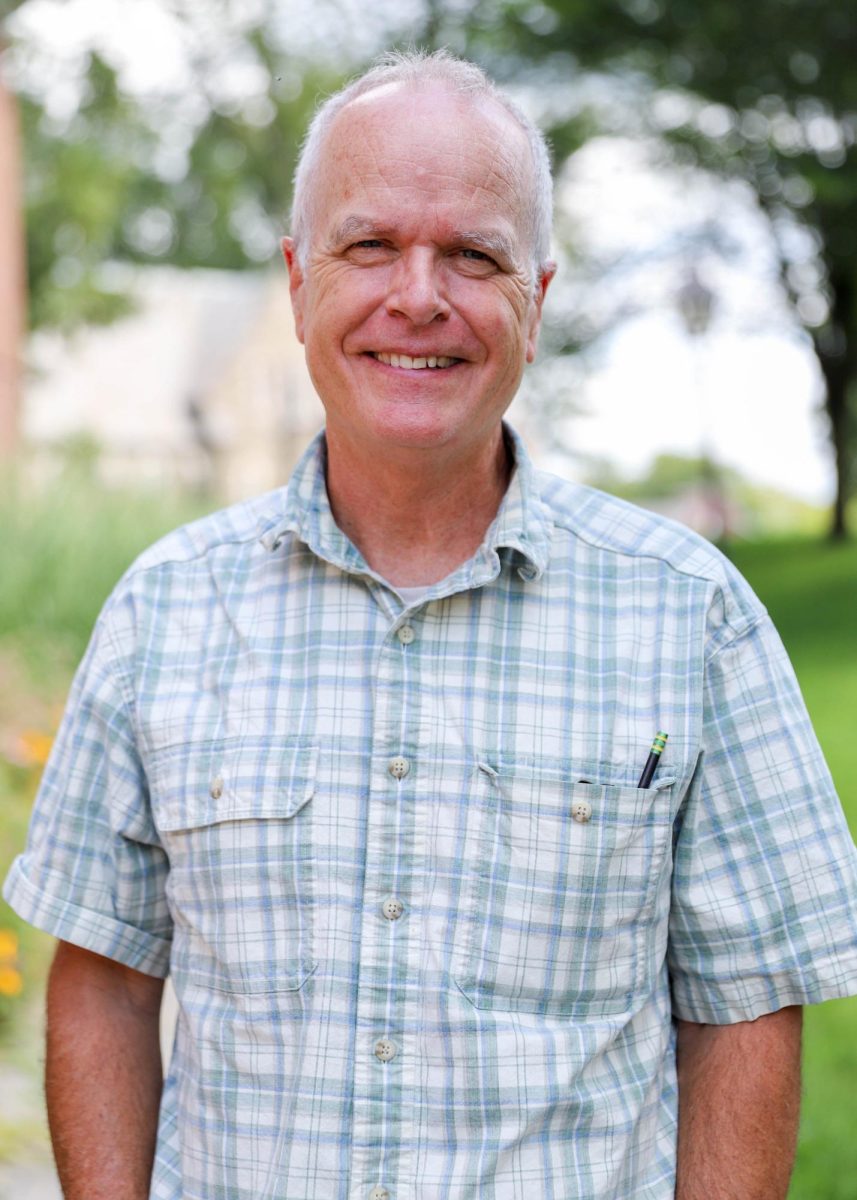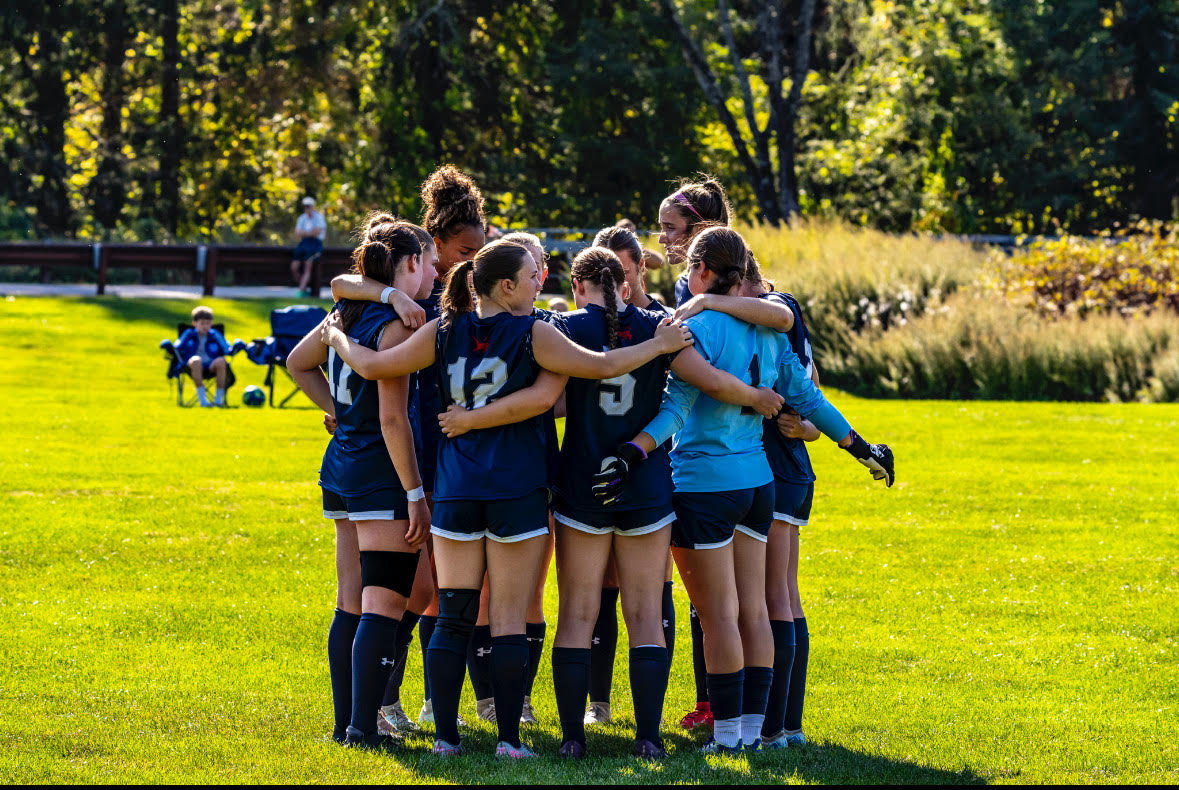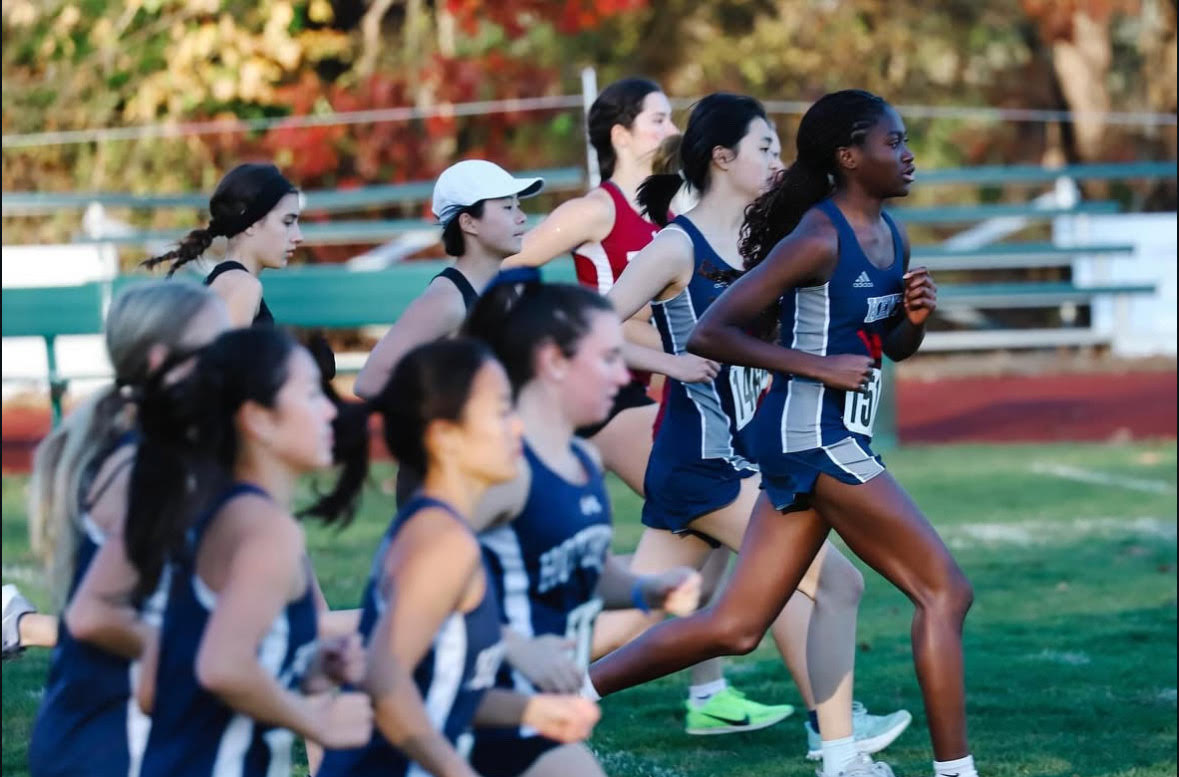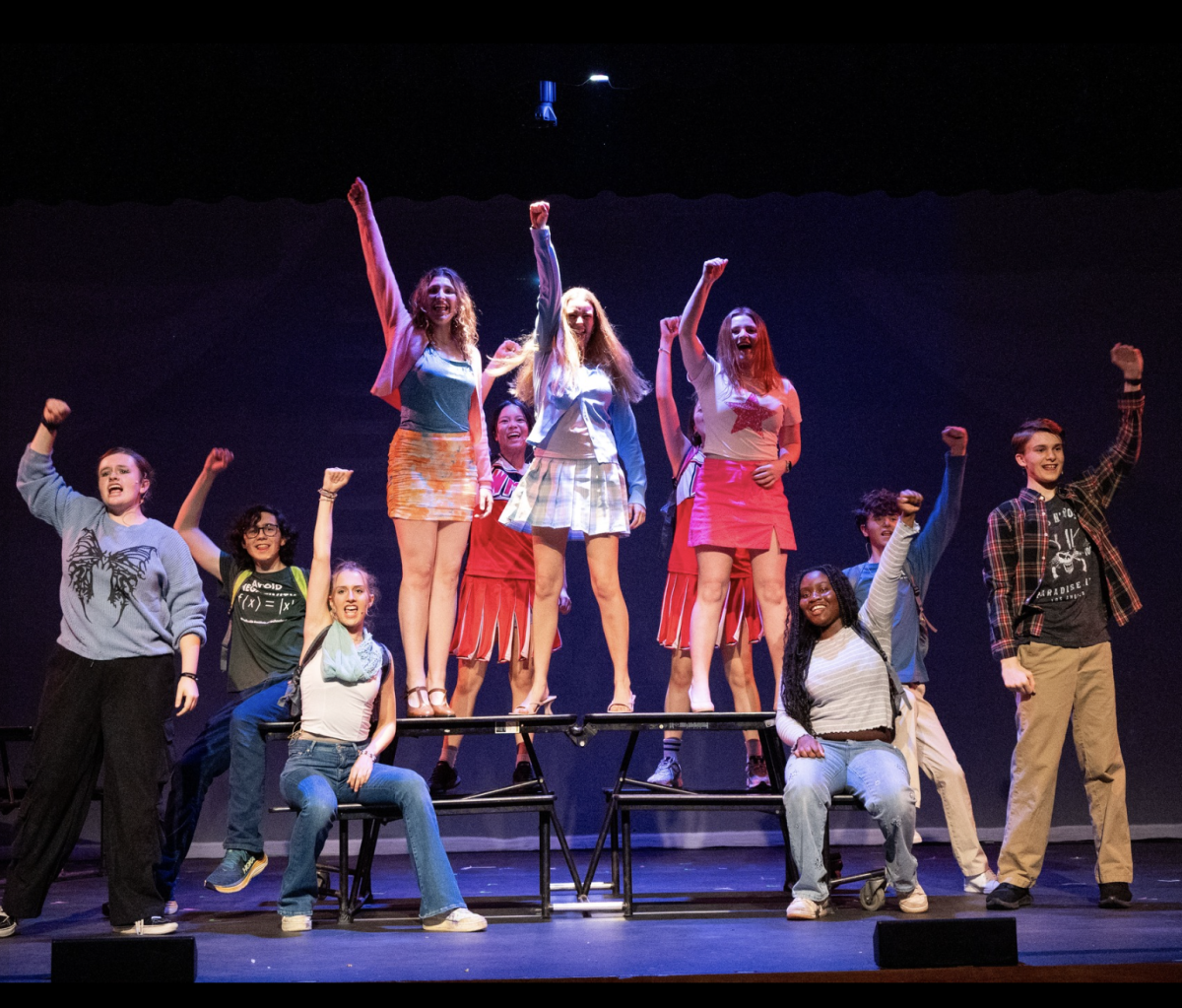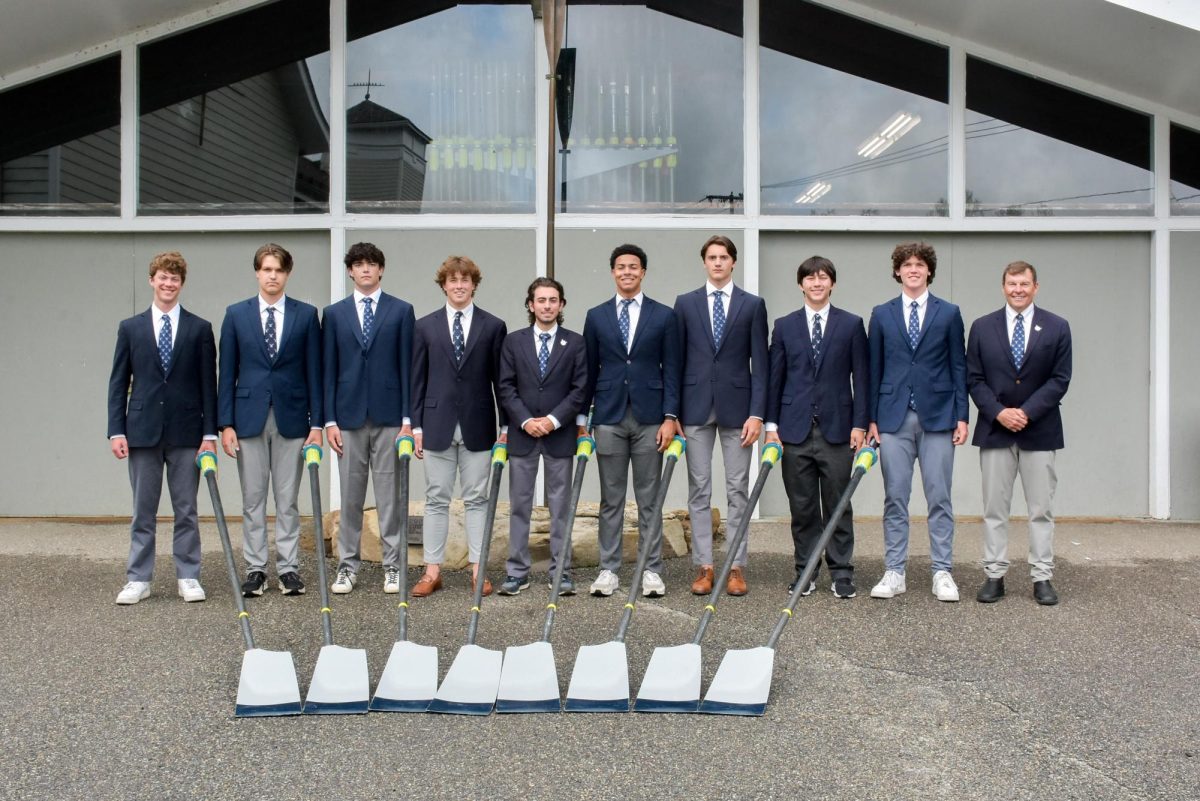In the increasingly polarised and partisan world, exacerbated by the 2024 presidential election, the cultivation of reasoned discourse within educational institutions has become essential. As the parameters between political, social, and personal identities become indistinct, schools are tasked with the challenge in fostering intellectual environments in which critical engagement supersedes ideological entrenchment. Initiated partly in response to polarisation and the contentious nature of the national elections and electoral cycle, Kent’s approach to civil discourse emphasises the importance of maintaining a cohesive and courteous community despite differing opinions and experiences.
Over the past year, Kent faculty and student leaders have systematically introduced a range of initiatives aimed at fostering engagement and cultivating open discourse within the community. These efforts intend to equip students and faculty with the critical frameworks necessary to navigate a fragmented environment while anchoring these discussions within a foundation of mutual respect and deliberative dialogue.
According to Dr. MacNeil, Academic Dean, “This all began last winter when Mr. Hirschfeld wrote to parents about the idea of civil discourse. He does not want the national elections to negatively impact the community at Kent.” This initial concern highlights the broader institutional apprehension regarding the destabilising influence of hyper-partisan politics on the cohesion of the school community. “It’s more of a challenge than it’s ever been.” This recognition of political fragmentation and the commitment to constructive dialogue led Kent to adopt a strategic initiative over the summer as Kent’s faculty engaged with Arthur C. Brooks book Love Your Enemies, advocating for transcending ideological polarisation through the plurality of perspectives and the practice of empathetic engagement. Brooks’ thesis posits that democratic deliberation within contemporary society is contingent upon the capacity of individuals to engage with divergent ideologies through the model of mutual respect rather than entrenched antagonism. Dr. MacNeil further emphasises the book’s approach and its manifestation within Kent’s practices, stating “Let’s suppose you and I are in different places politically. Let’s lean into that. Let me listen carefully to you. You might hold a view very passionately with which I equally disagree. This is not about hugs and handshakes, but is about honest, open, and difficult dialogue.”
Additionally, in order to formalise and institutionalise its approach to civil discourse, Kent has composed an interdisciplinary group of faculty members and select students (Brooke Cesarski, Kamsi Nwotite, and Roberto Jay) to devise and implement a framework encapsulating Kent’s commitment to civil discourse. Central to the civil discourse group is the formulation of a comprehensive set of guidelines outlining the ways in which members of the Kent community should engage with political and ideological differences. Mr. Coulombe, who led the group along with Ms. Thomsen and Ms. Thurlby of the History Department, articulates the group’s role in establishing a normative and meaningful standard for engagement: “We organised and developed a statement about what we believe civil discourse is and what we expect of each other.” The culminating creation of a formal statement on civil discourse articulates the principles and standards governing discourse at Kent, read publicly preceding the broadcasting of the 2024 Presidential Debate and reviewed during advisory meetings in September. The statement delineates a culture where opposing discourse is courteous but substantially engaged and encouraged. Mr. Coulombe emphasises, “Where we are at Kent, there is a high bar of expectations for how we treat and how we discuss with one another. Here are the bars that we expect for one another in terms of treating each other with respect–disagreeing without being disagreeable.”
This election cycle, featuring former President Donald Trump and Vice President Kamala Harris, presents a distinctive challenge and a unique opportunity for Kent and educational institutions to elevate political engagement within an increasingly polarised electoral environment while adhering to the principles of respectful dialogue. Due to this, Kent aimed to facilitate a shared viewing experience, broadcasting the presidential debate live in the student centre in a historic first for the school. This initiative is particularly significant amidst the pervasive challenge of navigating a polarised electorate and election. As Dr. MacNeil observes, “there has been a tremendous fracturing in the dissemination of information,” reflecting the splintering of media channels and disintegration of information in exacerbating ideological divides and coherent public discourse. Consequently, this fragmentation necessitates a concerted effort by educational institutions in counteracting the effects of disparate and polarised informational streams. Providing a live broadcast of the debate for students and faculty in a communal environment, Kent aimed to address political fragmentation and partisan filters by reintroducing a collective forum for political engagement while enabling students to confront the electoral process as a unified community. This initiative is “connected with the idea about how we can productively engage with the national conversation around the election,” posits Dr. MacNeil, “supporting whomever we want to support in the election, or not, yet in a way that is positive and affirmative of our community building initiatives.”
The successful turnout and engagement with the debate, as observed by Mr. Coulombe, was commendable: “If the debate is representative of the campus and the student body, it was great. We are really happy with the turnout and how everyone treated each other. We can demonstrate respect for the process and for one another by being together in the same room and learning together.” Coming soon will be a series of Community Conversations designed to foster respectful dialogue on national and international issues. “I know it’s something most students want more of,” states Mr. Coulombe.
The debate over whether educational institutions should adopt a stance of political neutrality or assertively shape political dynamics is relevant within Kent’s approach to political engagement. “It is not our job to take political stances as a community,” states Mr. Coulombe. “We are an educational institution, and our job is to support students in their journey to discover what it is they believe, why they believe it, and how to express that in a thoughtful way.”


